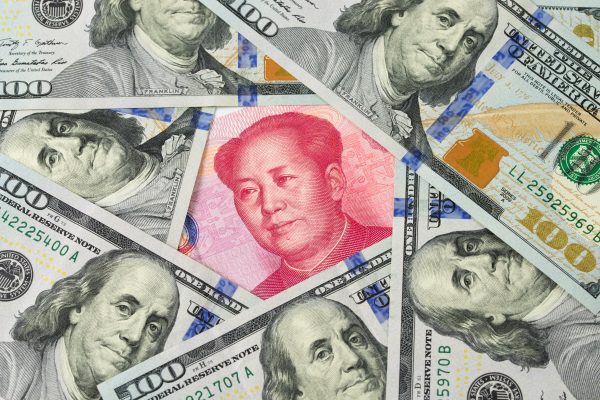
Assessing US Sanctions on China
['China', 'U.S.', 'Sanctions', 'de-risk', 'Trump']
Insights from Agathe Demarais.
Assessing US Sanctions on China
Second, U.S. measures curbing the access of Chinese firms to advanced technology are prompting China to double down on its tech self-sufficiency strategy, investing huge amounts of public money in the field. The second difference deals with the intellectual framework that Trump and Biden use to deal with China: Trump appears to see the conflict with China as a trade issue that he can deal with through tough negotiations and bold decisions, focusing mostly on reducing the U.S. trade deficit. Explain how U.S. decoupling could benefit China in the long run. The American perspective sometimes eclipses the fact that China may well be the world leader for de-risking ties with Western countries: be it for trade, finance or technology, China has long sought to achieve self-sufficiency and to shield itself from "Unfriendly" countries. Assess the efficacy of the EU's de-risking approach to China vis-à-vis U.S. decoupling. Europe is in a much trickier spot to de-risk from China than the U.S. for two reasons. Europe's dependence on China is especially high for those goods that will be necessary for the bloc's energy transition: the EU imports more than four-fifths of its lithium-ion batteries from China, for instance.